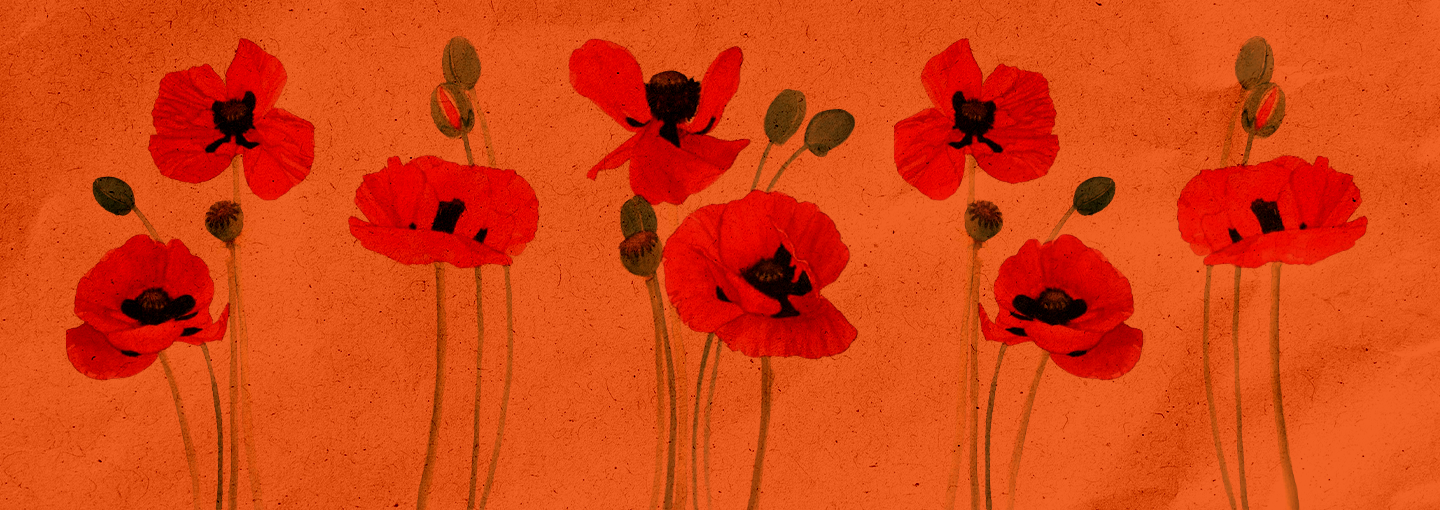
The War on Drugs at 50: A Critical Reflection
On June 17, 1971, President Richard Nixon announced America’s "war on drugs." On that day, he declared drug abuse “public enemy number one.” In order to fight and defeat this enemy, he said, “it is necessary to wage a new, all-out offensive.”
Since that historic announcement, the U.S. government has spent more than $1 trillion dollars fighting a losing battle. In recent years, about 1.5 million people have been arrested annually on drug charges—most of them involving cannabis—and nearly 500,000 Americans are currently incarcerated for drug offenses. Today, as a result of the dire human and financial costs, Americans are fast losing their faith that a war on drugs is fair, moral or effective.
Exactly 50 years to the day from Nixon's historic announcement, The Commonwealth Club will explore the legacy of the war on drugs with a select group of scholars who have studied the impact of the drug war and how it impacts many aspects of American cultural life, including race and policing, incarceration, racial injustice, regulatory disasters, and a massive underground economy. The three scholars appearing in this program are all contributors to the new book The War on Drugs: A History, edited by University of Kansas history professor David Farber. The program will provide a general history of the war on drugs, the deep injustices that have developed over the past 50 years because of it, and recent moves toward decriminalization and public health approaches to drugs.
Please joins for a timely conversation-on a topic that continues to shape our many aspects of American society, yet is very rarely explored with the serious focus it needs.
About the Speakers
David Farber is the Roy A. Roberts Distinguished Professor at the University of Kansas. He has published numerous books on recent U.S. history, including Chicago '68, The Age of Great Dreams, Sloan Rules, Everybody Ought to be Rich, Crack, The Rise and Fall of Modern American Conservatism, and Taken Hostage.
Erika Dyck is a professor and Canada Research Chair in the History of Health and Social Justice at the University of Saskatchewan. She is the author or co-author of Psychedelic Psychiatry (2008), Facing Eugenics (2013), Managing Madness (2017) and Challenging Choices (2020). She is the co-editor of Psychedelic Prophets: The Letters of Aldous Huxley and Humphry Osmond (2018) and A Culture’s Catalyst: Historical Encounters with Peyote (2016). Dyck is the co-editor of the Canadian Bulletin for Medical History/Bulletin canadien d’histoire de la medicine, the co-editor of the Intoxicating Histories book series, and guest editor for the Chacruna Institute for Psychedelic Plant Medicines.
Peter C. Pihos is an assistant professor of history at Western Washington University. He earned a BA at Harvard, a JD at New York University, and his Ph.D. at the University of Pennsylvania. A scholar of African American history, criminal justice and legal history, he is completing a book on Black police officers in the post–Second World War period.
This is a free-for-members program. Members: Click on the "Buy Tickets" button above to order your tickets, and select the members link on the left side of the page. Your username is the email you used to sign up as a member. You can also request a password reset if needed. Discount will automatically be applied at checkout.
This is an online-only program; you must pre-register to receive a link to the live-stream event.
The War on Drugs: A History will be published in November 2021. It can be pre-ordered from NYU Press.
United States

David Farber
Roy A. Roberts Distinguished Professor, University of Kansas

Erika Dyck
Professor, Tier 1 Canada Research Chair in the History of Health and Social Justice, University of Saskatchewan

Peter C. Pihos
Assistant Professor, History, Western Washington University

Moderator TBA

